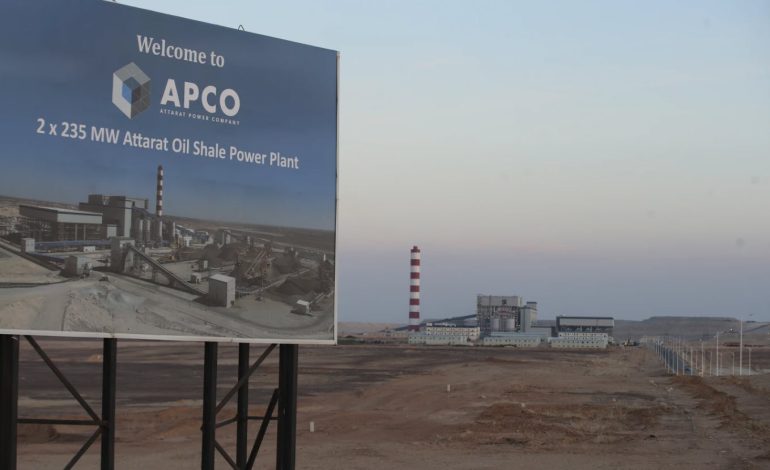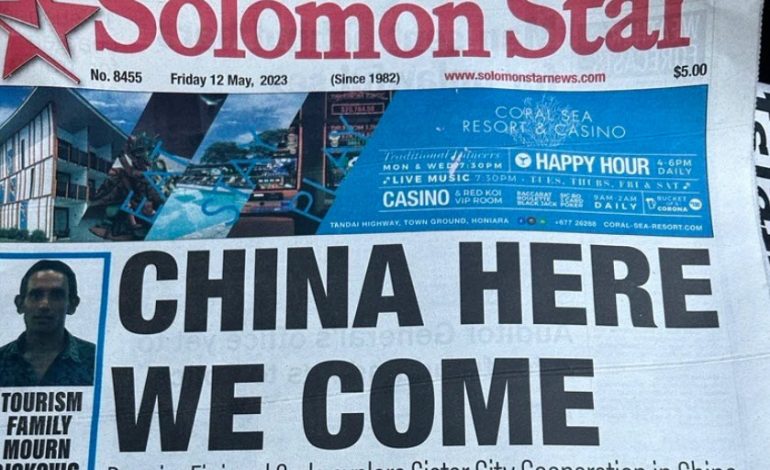
When a Huawei Bid Turned Into a Hunt for a Corporate Mole
By Jordan Robertson and Drake Bennet
19 June 2023
At a hastily scheduled meeting on March 5, 2019, the bidding to upgrade Denmark’s cellular network crossed over into something strange. Negotiations for telecommunications infrastructure are high-stakes affairs; the deals, worked out in private, determine which companies are entrusted to embed their equipment and staff at the deepest levels of a country’s phone and internet systems. But the talks over the Danish contract, which had stretched through the winter, had been particularly fraught.
As it prepared to make the leap to a 5G wireless network, Denmark’s telecom sector had become the object of a backroom economic proxy conflict. Relations between the United States and China were growing worse, and officials from the US National Security Agency were making the rounds in Europe, warning companies to avoid working closely with companies tied to Beijing. The decision by TDC Holding A/S, Denmark’s dominant telecommunications company, would carry symbolic value beyond the contract’s roughly $200 million price tag. It would also be a test of the effectiveness of the Trump administration’s blunt diplomacy and its hawkish efforts to slow the growth of China’s influence around the world.
The March 5 meeting was between a TDC senior executive vice president named Jens Aalose and a young country manager named Yang Lan from Huawei Technologies Co., the biggest network equipment maker in the world. Huawei managed TDC’s existing network, which it had built under a 2013 contract that was due to expire. At 2:52 that morning, Huawei’s Danish arm had, without warning, submitted an emergency revision to its proposal on the 5G contract. That in and of itself was unusual: Weeks earlier, Huawei had made what was supposed to be its best and final offer. The new offer was similar to the old one. But whereas that had come in significantly higher than the offer of the Swedish company Ericsson AB, Huawei’s only competitor for the contract, this last-minute offer was lower.
This was particularly noteworthy. The competing bidders weren’t supposed to know anything about each other’s proposals; their terms were closely held secrets inside TDC, with access limited to about a dozen people. As a result, Aalose arrived at the meeting inclined toward wariness.
What happened there only intensified his suspicions. Lan, he noticed, had an atypical swagger that day: He was “very confident and had a more aggressive approach than usual,” the TDC executive said in a report later prepared by the company’s security team. Lan seemed to know something. Convinced that Huawei had found out the Ericsson bid details, Aalose cut the meeting short.
The resulting investigation by TDC would, over the next four weeks, take the company into a kind of paranoid twilight zone. Its senior management fell under suspicion; its offices were potentially compromised; and employees reported being tailed by shadowy strangers. This article is based on extensive internal documentation reviewed by Bloomberg Businessweek and interviews with a half-dozen people involved with or briefed about the probe and its results. The people who provided the information requested anonymity because they weren’t authorized to speak publicly about the matter.
It’s a previously unreported chapter in Huawei’s history and an example of the sort of practices that have sown suspicion about the company around the world. And it gives a sense of what life is like for businesses that get caught between the US and China in their escalating clash over technology.


